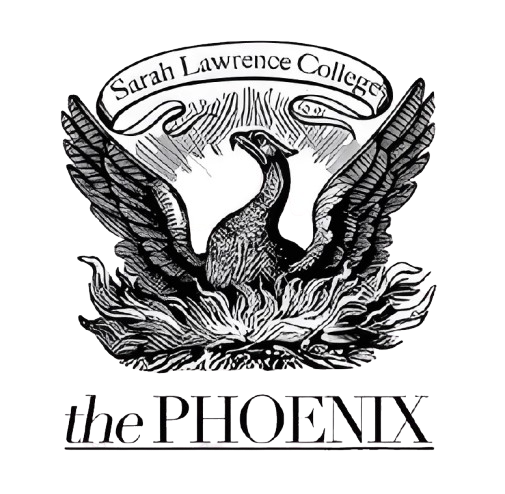Spring Registration Week: Still as Ableist as in the Fall?
Spring semester registration taking place in the library. Photo credit: Nimmi Hamid '17
Another registration week has come and gone, but not many of the ableist issues that the Phoenix shed light on last fall in “How Abled Are You For Registration Week?” have been addressed.
“To the best of my knowledge there hasn't been any change yet to the registration issues for people with disabilities,” said Rebecca Gross (’17), co-chair of student group Disability Alliance. “It is definitely something that we need to keep advocating for as students and that the administration tries to focus on this as much as they can, because it impacts students, teachers, and staff.”
Gross noted that despite the larger structural issues remaining, the elevators in the Science Center and the New Dorms were functional as opposed to last semester when they were out of service during the entirety of registration week.
Since fall registration, Polly Waldman, dean of disabilities, and Daniel Licht, registrar, have worked on making sure that the information on disability accommodations during registration week is more visible. “We created a new link to the information and made sure it was in several places – easy to find,” Waldman said. “Also, we wanted to be sure that the information is clear that it is for anyone with a disability – not just a mobility issue, and I believe that it is clear on that point.”
But in terms of institutionalized changes, this registration week was the same as last semester’s process. Still, Leonardo Rocchiccioli (’18), student senate chair, assures that registration week and disabilities have been discussed in-depth at senate and said hopefully real change to the process will be made in the coming years.
Rocchiccioli explained, “What we have been talking about in big senate and a lot in curriculum committee is about the portion where people have to stand outside the library, eliminating that, and making that part of registration digital. So we still have to sign up for interviews, we still have to do interviews, but the actual act of registering for classes, or in other words, standing outside the library and waiting in line and speaking to the registrar or the registrar’s representative – making that part online.”
The most apparent obstacles that senate faces when implementing this new system is how to provide the registrar with the student and don’s signature, which is, as of now, required on the hard copy registration form. But Rocchiccioli seems confident in the possibility of institutionalizing a digital component to the final stage of registration week in the next year or two.
“Curriculum committee has talked to what they see as all the relevant stakeholders in this process including the registrar’s office and the IT people, the IT self help desk, and those are the three main players seeing if we can implement that in one to two years,” Rocchiccioli said. Neither Waldman nor Disability Alliance has been consulted.
But not conferring with Disability Alliance may only perpetuate problems for students with disabilities. In the fall article, Emma Graydon (‘17), co-chair of Disability Alliance, explained that the interview schedule being online presented issues for those with processing disorders.
When asked why student senate chose this part of registration week to change, Rocchiccioli responded, “This, by no means, is a final solution to anything. This is something that is ‘tacklable,’ something that is, not so much an easy fix, but something that all can agree needs to be changed. I think the other parts of registration week get more contentious, but this is one step that we can take forward together.”
Changing the in-line registration process would rectify many issues for both non-abled and abled bodies. But while upgrades to the system may simply increase convenience for able-bodied students, these changes are essential for non-able-bodied students.
“Registration at SLC is ridiculously inaccessible. There are no maps of campus, registration sign ups are often in inaccessible buildings or up flights of stairs,” said Charlie Spiegel (’20). As noted in the fall article, MySLC did launch a digital registration map this past summer, but its existence may not have been publicized well enough for students to know about it.
While changes to registration week are in the works, students with disabilities continue to feel the burden of its discriminatory practices. Spiegel added, “Things need to be more standardized, and [the school] needs to proactively create policies for people with disabilities rather than relying on the passive stance of ‘Oh, people with disabilities should come to us for help.’”
Andrea Cantor ’17

